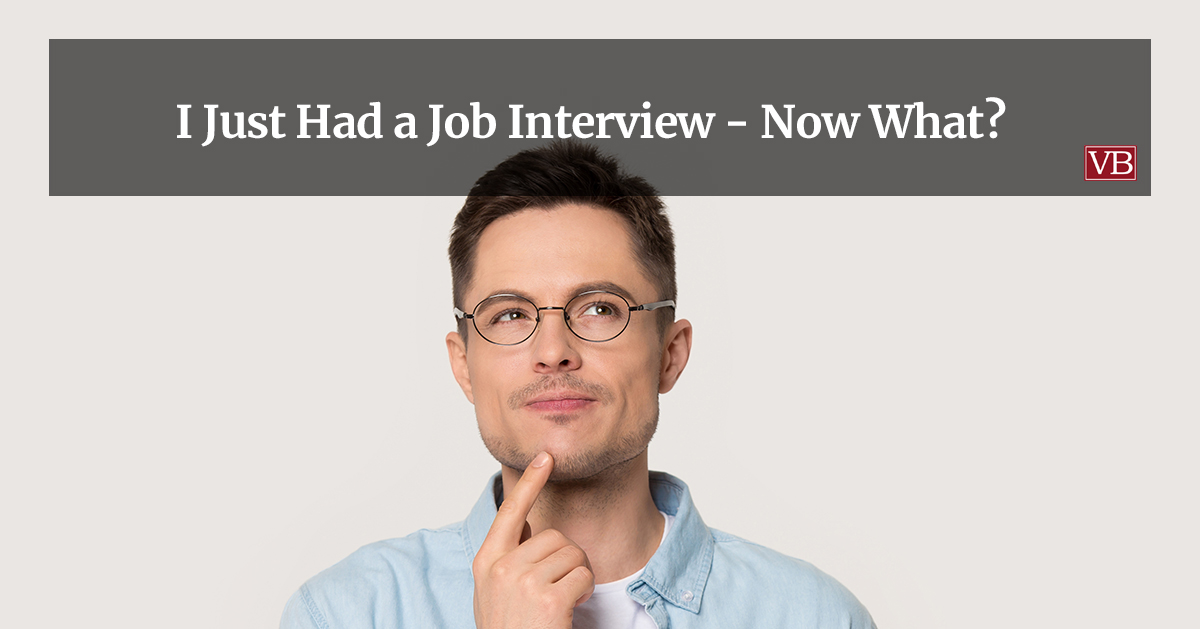
While many candidates have a solid idea of what they need to do to ace their interview, what about after the meeting? Many professionals are a bit uncertain about how to handle the period that comes, including if, when, or how they should follow up.
Well-timed and properly composed follow-up messages can be incredibly beneficial, increasing the odds that you’ll continue to make a positive impression on the hiring manager. However, a single misstep can be incredibly damaging.
Luckily, it is possible to handle the post-interview process well. If you don’t know where to begin, here are some tips.
Always Send a Thank You Email
A thank you email is crucial if you’re trying to land a position. While it may seem like a courtesy, some hiring managers will actually exclude candidates who skip over this step. Usually, it’s because they assume that a no thank you message means the candidate isn’t interested any longer. However, they may believe a lack of professionalism is to blame.
Ideally, you want to keep the thank you email short and focused. Showcasing your appreciation is the main goal of the message, so keep that in mind when you decide what to say.
However, you can also do more with a thank you. For example, you can share something you learned during the interview that excited you and how your skills are a great match based on the companies needs. Additionally, you can ask about any next steps or a decision timeline, but only if the hiring manager didn’t already mention that during the interview.
Send out your thank you message as quickly as possible after the meeting. Within a couple of hours is usually best, though within 24 hours is acceptable.
Wait Before Any Additional Follow-Up
Any follow-up beyond the initial thank you email needs to be handled strategically. If you request an update too quickly or too often, you might not come across as eager, but desperate or pushy, instead.
If the hiring manager gave you a deadline for a decision or the beginning of any next step, wait until after that date has passed before you follow up again. That way, you’ve given them the time they expected to need.
If the hiring manager didn’t give you a timeline or details on next steps, waiting one to two weeks to reach out is usually sufficient. That typically provides them with enough time to consider the candidates, so it probably won’t come across as overly aggressive.
However, there is an exception to both of those points. If the hiring manager gave explicit instructions not to follow up, don’t. No matter how long it’s been, you’ve been told not to reach out. By following up, you’re making it seem like you can’t follow directions or that the rules don’t apply to you, neither of which is good.
Ultimately, the post-interview period always requires a bit of patience. As a result, it is usually best to follow the tips above when it comes to follow-up. Plus, it’s smart to keep your job search going. Not only will it allow you to focus on something other than waiting, but it ensures you can keep moving forward if you don’t land the position.
We’re Here to Help
If you’d like to learn more about what to do after a job interview, the team at VB can help. Contact us today.

